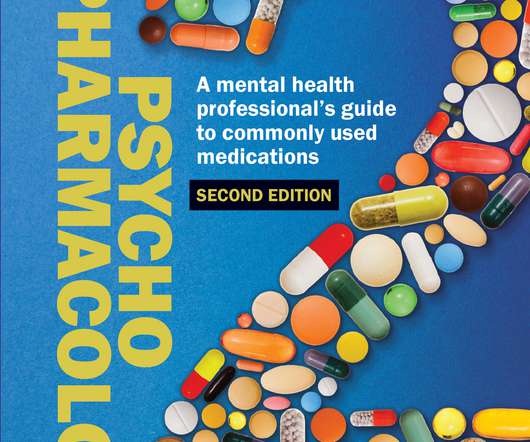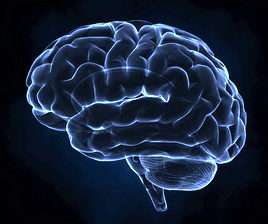The long awaited second edition Psychopharmacology: A mental health professional’s guide to commonly used medications by Herbert Mwebe
The Critical Blog
SEPTEMBER 13, 2021
These medicines have been around for over 5 decades with evidence showing that they help to lessen and improve the severity of psychiatric symptoms in people suffering with a mental illness. The arbiter of whether these medications are useful or not is the person taking the medication.











Let's personalize your content